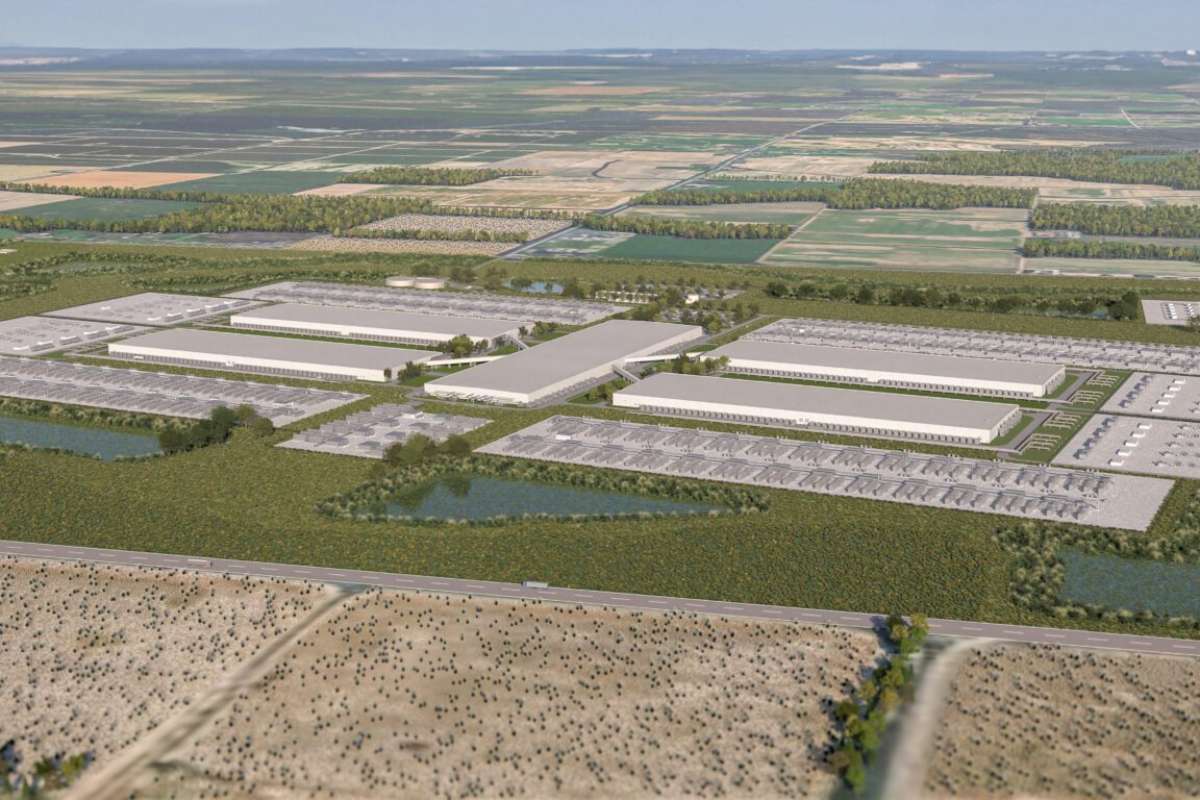Key Points:
- Louisiana approved Entergy’s plan to build three gas plants for Meta’s $10B AI data center.
- The project will create thousands of jobs and boost Louisiana’s tech economy.
- Meta shares infrastructure costs, but critics cite rate hikes and fossil fuel reliance.
The Louisiana Public Service Commission (PSC) voted 4-1 on Wednesday to approve Entergy Louisiana’s plan to power Meta’s $10 billion artificial intelligence data center, now under construction in Richland Parish. The decision clears the way for three new natural gas plants, two in Richland Parish and one in St. Charles Parish, to support the massive facility.
Meta’s center, expected to be one of the largest in the nation, will consume more than double the electricity required to power the city of New Orleans at the height of summer. Commissioner Davante Lewis cast the sole vote against the measure, citing environmental and cost concerns.
Economic Opportunity and Business Expansion
For Louisiana, the deal represents more than just an energy agreement. Meta’s investment positions the state as a rising player in the digital economy, linking Louisiana’s long-standing industrial infrastructure with emerging technology markets.
The $10 billion project is projected to generate 500 operational jobs in North Louisiana, though the company has not specified how many will be permanent. Entergy Louisiana also estimates that thousands of temporary construction jobs will be created during the multi-year buildout, along with 44 permanent roles tied directly to the new infrastructure.
Supporters argue the development could bring a ripple effect of economic growth, from increased local spending to potential new technology partnerships. Commissioner Eric Skrmetta called the project “a once-in-a-generation opportunity to bring investment into communities that have struggled for decades.”
Cost Sharing and Customer Impact
The 15-year agreement includes provisions requiring Meta to cover a substantial portion of infrastructure costs, including contributions toward storm recovery and grid resilience. Entergy Louisiana has emphasized that the arrangement provides “net benefits” to ratepayers by sharing costs with one of the world’s largest technology companies.
Even so, residential customers could see a modest increase of about one dollar per month starting in 2027. Entergy officials stressed that the deal applies only to Entergy Louisiana customers and will not impact those served by Entergy New Orleans, which operates under a separate regulatory body.
Financial analysts note that such a cost-sharing arrangement is unusual in large-scale industrial projects, potentially setting a precedent for how utilities engage with multinational corporations in the future.
Balancing Growth with Energy Concerns
Despite its business potential, the project has stirred debate in energy circles. Critics argue that building new gas-fired plants ties Louisiana to fossil fuels at a time when other states are aggressively expanding renewable power. Some residents have also expressed concern that the project’s enormous demand could strain the grid or push natural gas prices higher, indirectly affecting households.
Commissioner Lewis, who opposed the agreement, warned that the state risks prioritizing corporate interests over long-term environmental sustainability. “We should be leading on renewable energy, not doubling down on natural gas,” he said.
Entergy Louisiana countered that natural gas remains the most reliable option to meet Meta’s unprecedented energy demand on a tight construction timeline. Company officials added that future renewable projects remain part of their long-term strategy.
Looking Ahead
Meta has stated that it expects the Richland Parish facility to be fully operational by 2030. Once complete, the site is likely to serve as a cornerstone in the company’s global push to support artificial intelligence infrastructure, requiring secure, large-scale, and continuous energy supply.
For Louisiana, the approval marks a pivotal moment, an intersection of technology investment, utility expansion, and economic development. While questions remain over environmental costs and long-term energy strategy, the deal signals the state’s bid to compete for high-profile projects in the digital economy.
Visit Oil Gas Energy Magazine for the most recent information.












